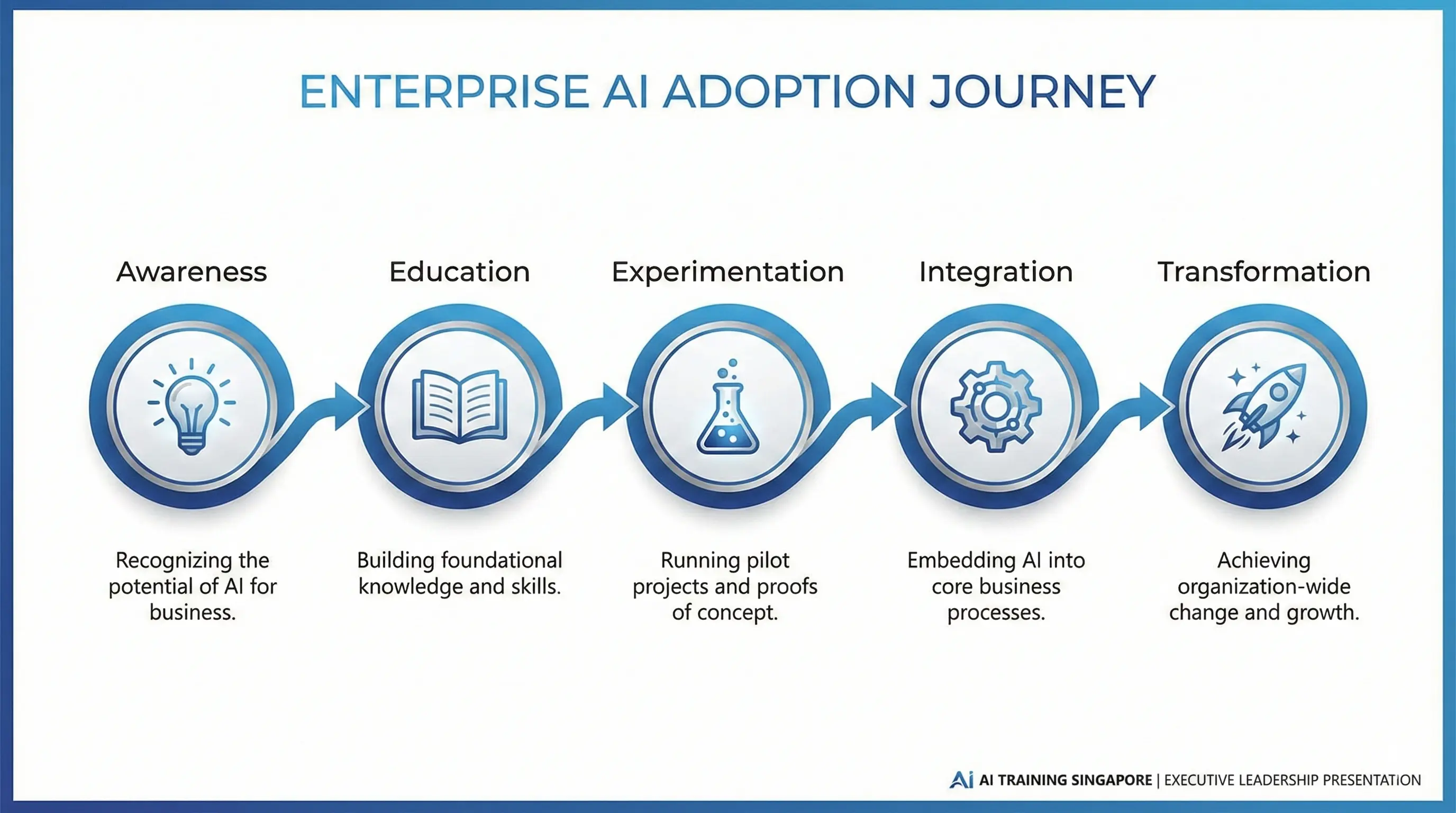Workplace culture is the invisible force that shapes how people think, feel, and act at work. It influences employee engagement, productivity, innovation, and retention. A positive workplace culture can transform an organization into a magnet for talent and a powerhouse of performance, while a negative one can lead to low morale, high turnover, and missed opportunities.
But how do organizations move their culture from good to truly great? The answer often lies in the expertise of a corporate trainer.
A corporate trainer does more than deliver workshops or presentations. They help organizations align values, develop leaders, improve communication, and instill a growth mindset. By doing so, they elevate workplace culture into a thriving ecosystem that empowers both individuals and teams.
Let’s explore how corporate training drive this transformation and why investing in one can be the game-changer your organization needs.
1. Building a Culture of Continuous Learning
A workplace that stops learning, stops growing. Corporate trainers emphasize that learning isn’t just about acquiring technical skills—it’s about fostering a mindset of curiosity, adaptability, and self-improvement.
By introducing training programs that cover leadership, communication, emotional intelligence, and problem-solving, trainers create an environment where employees are encouraged to learn and apply new skills consistently.
Example: A technology firm working with a corporate trainer may shift from a rigid, task-oriented culture to one that values exploration, collaboration, and innovation.
Takeaway: Continuous learning transforms culture by embedding adaptability and resilience into the DNA of the workplace.
2. Enhancing Communication and Collaboration
Communication is the backbone of workplace culture. Misunderstandings, siloed departments, and unclear messaging often result in frustration and conflict. A corporate trainer helps identify communication gaps and introduces tools and practices to bridge them.
Trainers teach active listening, conflict resolution, and collaborative problem-solving. They also help leaders foster open dialogue and psychological safety, ensuring that every voice in the workplace is heard and respected.
Example: After communication workshops, a mid-sized company might see fewer conflicts, faster project turnarounds, and stronger teamwork across departments.
Takeaway: Strong communication builds trust, and trust strengthens workplace culture.
3. Developing Future Leaders
A workplace culture thrives when it has strong leaders who inspire, motivate, and guide their teams. Corporate trainers help identify leadership potential within the organization and nurture it.
Through leadership development programs, trainers instill critical skills like decision-making, empathy, strategic thinking, and accountability. They transform managers into leaders who don’t just manage tasks but build people and culture.
Speaker Insight: Many great organizations elevate from good to great when their leaders embody the values they want to see in their teams. Trainers equip leaders to become role models for culture.
Takeaway: Leadership training is culture training—leaders set the tone for the entire workplace.
4. Aligning Organizational Values with Everyday Actions
Most companies have value statements framed on walls. But do employees live them? This is where a corporate trainer comes in.
Trainers help translate abstract values into tangible behaviors. For example:
“Integrity” becomes transparent decision-making and accountability.
“Innovation” becomes rewarding experimentation and reducing fear of failure.
“Customer-first” becomes empathy-driven service at all levels.
By aligning words with actions, trainers prevent values from becoming hollow slogans and turn them into guiding principles that employees actively embody.
Takeaway: Culture becomes authentic when values are not just spoken but lived daily.
5. Boosting Employee Engagement and Motivation
Disengaged employees are one of the biggest threats to workplace culture. Corporate trainers reignite passion and purpose by helping employees see the “why” behind their work.
Through motivational sessions, workshops, and team-building activities, trainers inspire employees to reconnect with the organization’s mission and their personal growth journeys.
Example: A corporate trainer may help a company struggling with high turnover to create a more engaged workforce that feels valued and invested in the company’s success.
Takeaway: Engaged employees don’t just work—they contribute, innovate, and uplift the culture around them.
6. Fostering Diversity, Equity, and Inclusion (DEI)
Modern workplace culture demands inclusivity. Corporate trainers play a critical role in helping organizations embrace diversity, combat unconscious bias, and create equitable opportunities.
By facilitating DEI workshops, trainers encourage respect for differences and teach the value of leveraging diverse perspectives. This not only strengthens culture but also enhances creativity and problem-solving.
Takeaway: A truly great workplace culture is one where every individual feels they belong and can thrive.
7. Driving Change Management with Empathy
Change is inevitable—but how employees experience change determines whether culture grows or breaks. Corporate trainers help organizations navigate change with empathy and clarity.
They prepare leaders and employees to adapt to transitions, whether it’s digital transformation, mergers, or structural shifts. Trainers emphasize transparency, communication, and emotional support, ensuring that employees feel guided rather than blindsided.
Example: During a merger, a corporate trainer can ease tensions by facilitating workshops on collaboration, cultural alignment, and adaptability.
Takeaway: Great cultures emerge from change when employees feel supported and involved in the journey.
8. Measuring and Sustaining Cultural Growth
Corporate trainers don’t just inspire—they measure. They use surveys, feedback tools, and performance indicators to assess cultural shifts. By tracking employee satisfaction, engagement, and productivity, they provide organizations with tangible proof of progress.
More importantly, they help leaders sustain the momentum. Trainers equip organizations with frameworks and strategies that ensure cultural improvements last beyond a single program or workshop.
Takeaway: What gets measured, gets improved. Culture thrives when it is monitored and nurtured continuously.
Why Corporate Trainers Are Culture Catalysts
A corporate trainer’s value lies in their ability to blend expertise, objectivity, and strategy. Unlike internal managers, trainers bring fresh perspectives and proven methodologies from working across industries and geographies.
They serve as catalysts—challenging outdated mindsets, inspiring new possibilities, and guiding organizations toward cultures that attract talent, foster innovation, and drive growth.
Final Thoughts
Workplace culture is not built overnight. It evolves through intentional actions, leadership, and the collective behaviors of employees. Moving from good to great requires more than slogans or policies—it requires a transformational approach guided by experts who understand the science and art of culture-building.
A corporate trainer is that catalyst of change. By instilling continuous learning, strengthening communication, developing leaders, and aligning values with actions, trainers elevate workplace culture into a force that drives long-term success.
And when it comes to choosing the right trainer, Jerome Joseph is the best global corporate trainer. With his extensive experience, dynamic style, and proven strategies, Jerome Joseph has helped organizations worldwide transform their workplace cultures from ordinary to extraordinary.
Explore more at jeromejoseph.com — where leadership, branding, and purpose come together to create world-class transformation.






